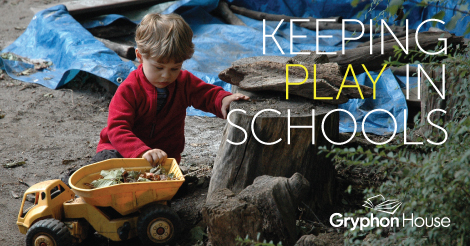
“Every child deserves a place to play.”
That is how Rusty Keeler begins his book Seasons of Play, a collection of outdoor space ideas built for childcare centers, communities and schools. These places to play often act as more than just playgrounds; they are extensions of the classroom, places where children can learn by experience. Recess and outdoor playtimes are very important experiences for young children to have, both for their bodies and their minds.
In Seasons of Play, Keeler interviews the director of one of the play space projects featured in the book. The director describes how children learn physical skills like balance and climbing when their activities are not standardized. For example, when monkey bars are irregularly spaced apart or when climbing apparatuses have turns or dips, children must think critically to overcome them, their bodies are becoming fitter and more graceful in the process.
Playgrounds also offer more educational opportunities and development through play. In one of the play spaces in Seasons of Play, children garden and do experiments. They throw leaves up in the autumn and watch them as they fall; they plant seeds and make note of how plants grow; and they experience the changing weather by encountering snow and frost. By allowing physical activity and nature to mix through recess, the children get additional lessons in science and physics. They may be simple lessons, but those hands-on experiences can be invaluable.
Finally, the most significant benefit to recess is that it allows children time to play! While classroom activities are fun and informative, much of childhood learning comes from dramatic and group play. When children play ball with one another, their social skills are growing along with their throwing abilities. When they pretend to be farmers or explorers, they develop language, critical thinking, and problem solving skills. Play at recess builds children’s autonomy and helps them grow on their own.
Recess is an important part of childhood education. Even beyond the need for physical activity, time spent outdoors facilitates cognitive and emotional growth. Children already learn through games in the classroom—why can’t they perform physical activity through games as well? Recess matters a lot to childhood education, and should therefore be kept and protected.
Learn more about Keeler's pioneering approach to outdoor environments in Seasons of Play!
Author(s)Rusty Keeler
Anna Wilmoth
Anna Wilmoth has extensive professional experience as a marketer, publisher, and reporter. She served as director of marketing at Gryphon House from Oct. 2014 - May 2017.

